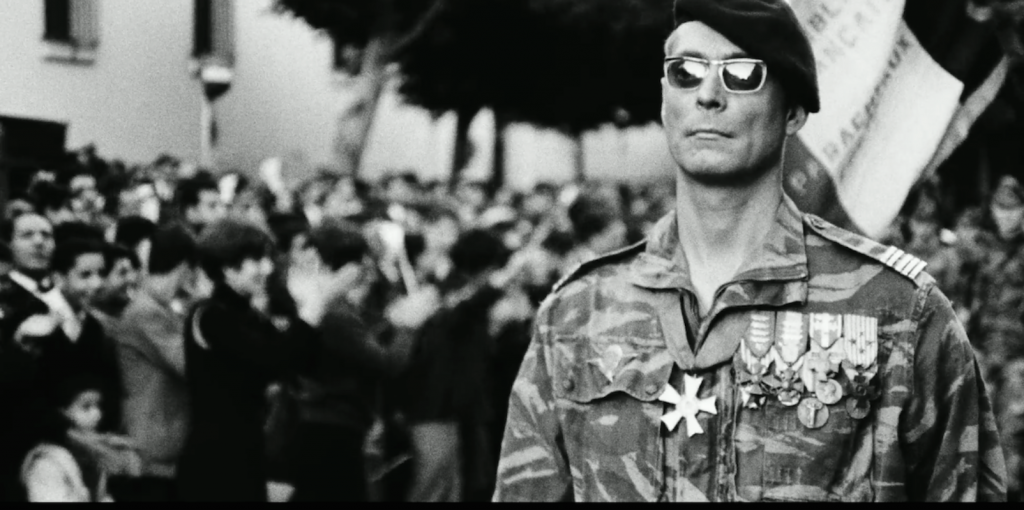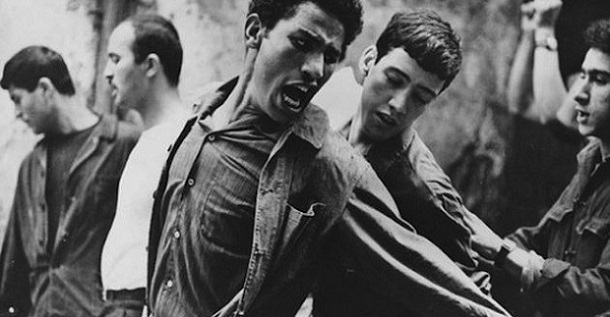
Here we are, another week of stay-at-home orders and thus another week of teaching my seminar on terrorism without being able to be in the classroom with my students.
As I told you last week, my solution to this has been to record short (well, I’m trying to keep them short) mini lectures on the readings that I’ve assigned to my students. And I’m sharing some of those here with you.
Next week we’re starting to consider the options available to governments facing the challenge of combatting terrorism, and if there’s a bottom line message that I’m trying to get across it’s this: Counterterrorism is really hard.
There’s actually two key points that we’re dealing with when we talk about the challenges that counterterrorism represents. The first has to do specifically with the problems democracies confront when dealing with terrorism. How far can a democratic society go in cracking down on terrorism before it jeopardizes the very democratic values and principles it is fighting to protect? The second point is simple: Governments may have far less ability to “defeat” terrorism than we choose to believe.
I raise both of these issues in the video below, where I talk about the work of pioneering terrorism scholar Martha Crenshaw on the topic of how terrorism declines.
In the second video, below, I preview for my students what may in fact be the greatest study of terrorism and counterterrorism ever committed to film, and that is Gillo Pontecorvo’s brilliant The Battle of Algiers. I urged my students to take the time to watch it next week and to think about the lessons it has for democratic societies combatting terrorism. You should watch it too.
Finally, here is The Battle of Algiers.
